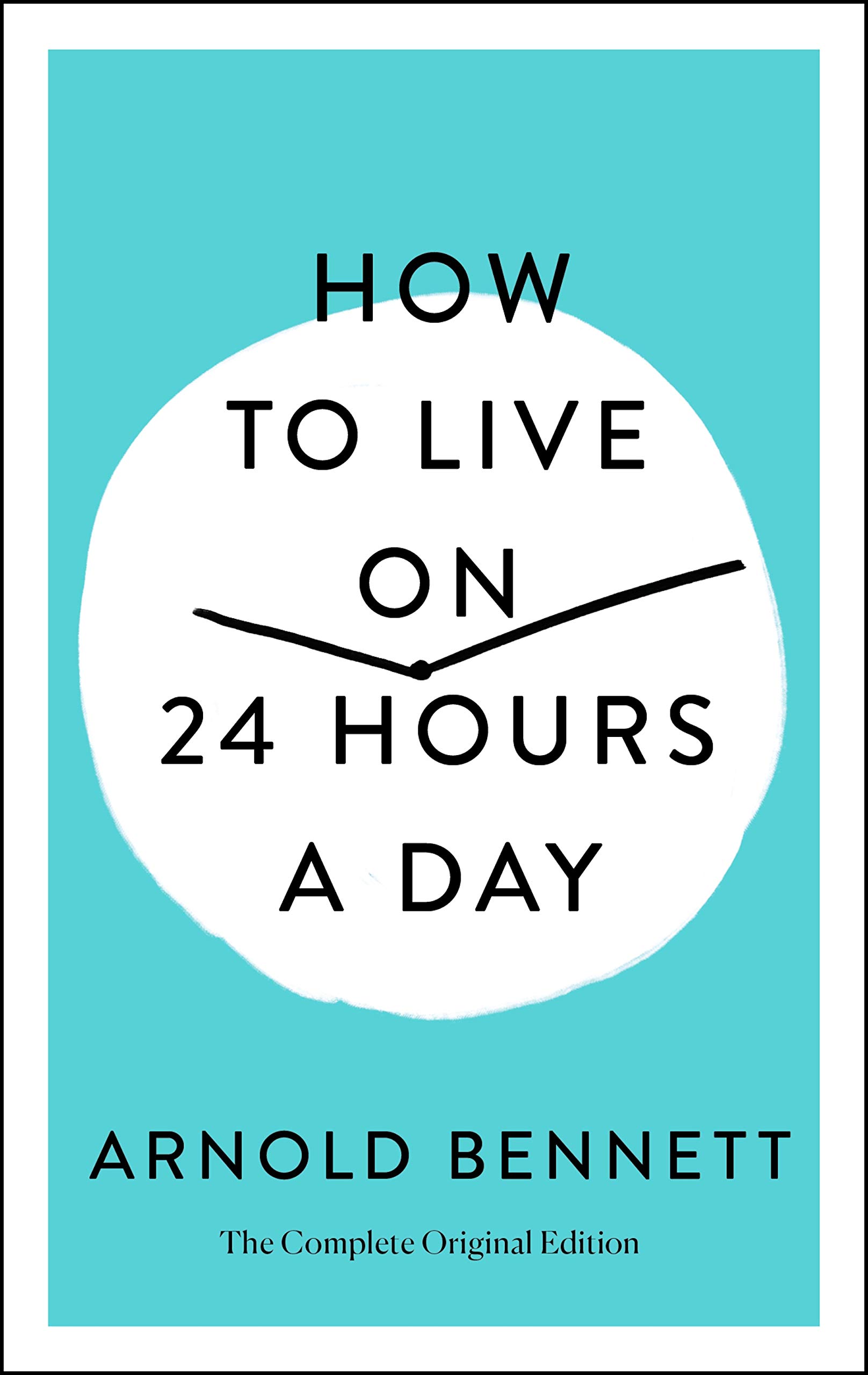Chapter VI — Remember Human Nature
byChapter VI begins with a compelling invitation to reclaim time—not by adding more hours to the day, but by using the ones we already have with greater intent. The author doesn’t ask for a dramatic life overhaul. Instead, he proposes a modest challenge: devote just over an hour daily to nourishing the mind. This effort, though small in comparison to the day’s total span, has the potential to unlock deeper engagement with life. It’s a question of investment—one that promises immense return without any financial cost. Just as the body is kept fit by daily movement, the mind craves consistent attention to remain agile and sharp. Yet people often hesitate, surprised by the idea of structured mental practice. The chapter aims to break this barrier, urging readers to give their inner world the care it quietly needs.
The challenge may seem minor in theory, but in practice, even finding an hour can feel daunting. We are creatures of routine, and even beneficial change requires pushing against inertia. The author does not ignore this. Instead, he embraces it, recognizing that shifting habits is never easy, no matter how worthy the goal. There is also a subtle warning: don’t attempt too much too soon. People often sabotage their own efforts by overcommitting and failing. The better path is gradual, respectful of both time and temperament. By starting slowly, we guard our self-worth and give ourselves space to adjust. This method ensures that early failures don’t breed discouragement but rather, build momentum through small wins.
Self-respect becomes a major theme here. The author insists that it must not be compromised, for it is central to maintaining purpose. Once self-trust is broken—when promises to ourselves are repeatedly broken—it’s difficult to restore. That’s why he discourages heroic starts. Instead, readers are encouraged to begin quietly, even secretly, with a simple plan that feels achievable. Just one hour. Not in the morning rush, nor during fatigue at night, but in a moment that feels intentional and undisturbed. This sense of control reinforces dignity, and with dignity comes consistency. Over time, what began as a tiny seed grows into a disciplined habit—one that nurtures curiosity, discipline, and confidence.
Three months of this gentle but persistent practice will lay a foundation. Once that foundation is in place, the reader is invited to expand—perhaps reading more, thinking deeper, or exploring new mental challenges. The beauty lies in the pace. There’s no race, only steady forward motion. This avoids the burnout that often follows lofty resolutions. Instead, growth becomes organic. The mind begins to crave the hour of calm and purpose each day, as the body might crave morning sunlight. Through this practice, the most mundane parts of life are transformed. Tasks seem less dull, thoughts become more refined, and emotional responses take on a calmer tone.
An important point the author drives home is the difference between time spent and time used. Many believe they don’t have free hours, yet spend entire evenings passively absorbing entertainment. There’s no condemnation in this observation—only a reminder that these hours can be redirected. Even one of them, set aside for intentional thought or study, can change how we see ourselves. The idea isn’t to reject leisure, but to balance it with mental cultivation. When we choose to learn, reflect, or create during a time when we might otherwise drift, we add depth to life. That single hour becomes a statement: my mind matters.
Scientific research today supports this philosophy. Studies have shown that dedicating a small, regular amount of time to focused reading or critical thinking improves cognitive flexibility. It helps delay cognitive decline and boosts problem-solving skills. In younger adults, even short bursts of regular intellectual engagement have been tied to greater career satisfaction and better decision-making. The key, as emphasized in this chapter, lies not in volume but in consistency. It’s about returning daily, no matter how small the task, and allowing the benefits to accumulate. Much like compound interest in finance, the value of mental discipline grows quietly but powerfully over time.
Those who follow this practice may find that other areas of life begin to shift. Relationships become more thoughtful. Emotions are processed more clearly. And life, even with its daily demands, feels a little more spacious. This isn’t magic—it’s the result of turning inward for a small part of each day. The author’s tone remains encouraging throughout, never demanding perfection but always inviting purpose. There is no shame in starting slowly. What matters most is that we start. The power of one hour, wisely used, is far greater than most imagine.
The chapter closes with a quiet urgency. Not a loud call to arms, but a persistent whisper: begin now. Time cannot be banked, but it can be valued. The reward isn’t in finishing quickly—it’s in becoming someone who sees time not as a thief, but as a gift. One that, when accepted daily and used intentionally, shapes not just how we live—but who we become.

